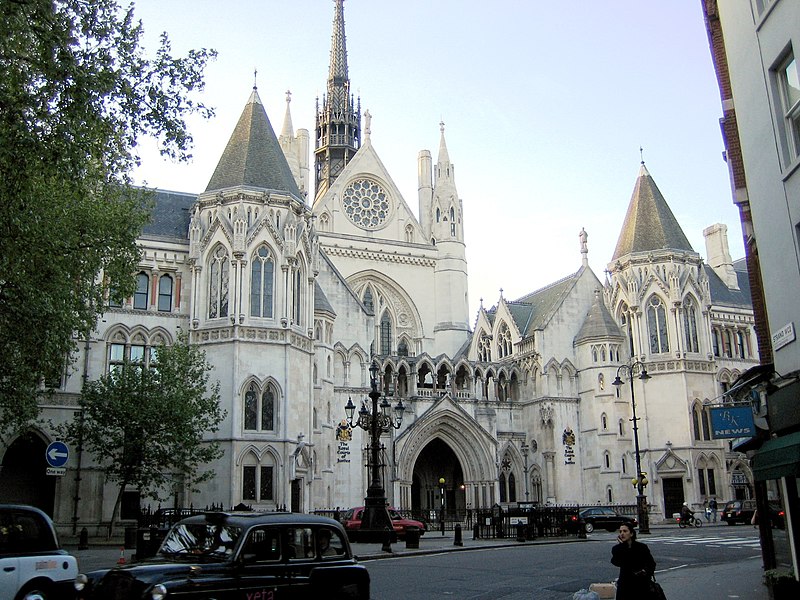
The Court of Appeal in London is set to make a crucial ruling on Thursday regarding the legality of the UK government's proposal to deport asylum seekers to Rwanda. This decision holds
significant implications for Prime Minister Rishi Sunak's commitment to curbing the influx of migrants arriving by boat.
As per an agreement made last year, the British government intends to transport tens of thousands of asylum seekers, who arrive on its shores, over 4,000 miles (6,400 km) to the East African nation.
The initial deportation flight was halted last year by a last-minute ruling from the European Court of Human Rights (ECHR), which imposed an injunction, preventing any deportations until legal proceedings concluded in the UK.
In December, the High Court deemed the policy lawful, but this decision is now being challenged by asylum seekers from various countries, along with human rights organizations.
The Court of Appeal is scheduled to deliver its judgment around 0900 GMT.
A victory for the government does not guarantee immediate flights, as there may be further appeals, and the ECHR injunction prohibits deportations until three weeks after the conclusion of British legal action.
If the judges rule in favor of the plan's lawfulness, a government official stated that flights could commence later this year, provided there are no successful applications for further legal challenges.
However, if the asylum seekers lose on Thursday but gain the right to appeal to the Supreme Court, it is unlikely that the first flights will take off this year.
Sunak views the deportation plan as a crucial deterrent for asylum seekers coming from Europe. "Stopping the boats" is among his top five priorities, and he hopes that a decrease in arrivals could help secure an unexpected victory for his Conservative Party in the next national election.
The government announced that sending each asylum seeker to Rwanda would cost an average of £169,000 ($213,450) this week.
The main opposition Labour Party dismissed the assessment as a "complete joke," while the Scottish National Party accused the government of allocating an "astronomical" amount for deportations instead of assisting British citizens struggling with rising mortgage and food costs.
Critics of the legislation argue that the government's policies aim to garner political support and do not address underlying issues.
They emphasize that currently, there are limited legal pathways for most asylum seekers fleeing war or persecution to apply for refugee status in order to enter Britain, leaving many with perilous small boat crossings as their only option.
On Wednesday, the UK's upper house of parliament dealt a series of blows to the government's legislation intended to expedite the process of deporting individuals to Rwanda.
The House of Lords introduced four amendments to the legislation, including bolstering protections for victims of modern slavery.
In the previous year, a record 45,755 people arrived in Britain via small boats across the English Channel, primarily from France. In 2023, over 11,000 individuals have already made similar crossings, maintaining a similar rate to the first half of 2022. Photo by KenWalker, Wikimedia commons.


































